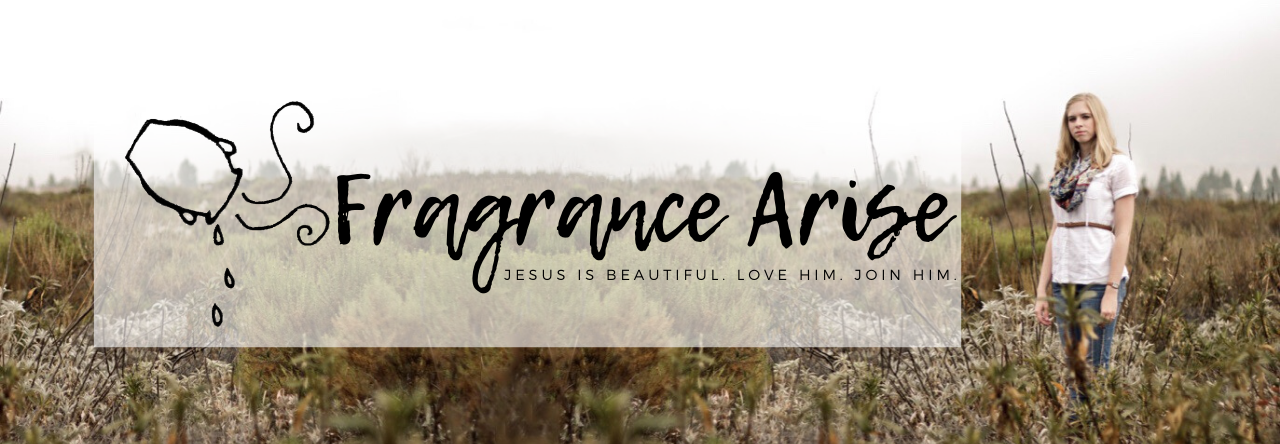(Full disclosure: I love to recommend resources to help you in your journey, and when I do I use Amazon affiliate links. If you purchase something through my links, I may receive a small commission. But if there’s a resource you want, I encourage you to get it wherever works best for you!)
I’m a prophetic singer in the house of prayer, but it kind of happened by accident.
I’ve had very little musical training, and when I first went to IHOPU it was not with the intention of being trained as a singer or worship leader. I had a few opportunities to sing on student teams (with other non-music students), and I had several excellent coaches who gave me some great encouragement and pointers, but it wasn’t until I became part of a smaller house of prayer in Texas and found myself leading worship with my meager skills 10+ hours a week that I started to take myself more seriously as a singer and worship leader. I still feel very green as a singer, and I need all the help and encouragement I can get!
Anna Blanc is one of the singers/worship leaders at IHOPKC I most respect and admire for her faithfulness and humility in singing in the prayer room for years and for her earnestness and Bible-centredness in pressing into God through her worship. Plus, she’s dang talented. Her song “Isaiah 42” (“You are the Lord, that is Your name/Your glory You will not give to another to be praised”) is one of my favourite anthems to declare the supremacy of Jesus in the context of His return.
We have Anna’s book, Growing as a Prophetic Singer, in our little library at The Prayer Room. I picked it up this week, thinking I probably would really benefit from learning from Anna.
Boy, was I right.
Anna’s book addresses the varied dimensions of anointing, excellence, and endurance that affect a prophetic singer. All three are vitally important. A person can be highly skilled without having that anointing from God that makes them a truly powerful prophetic singer, and a person can also be super anointed without pursuing excellence and the increase of skill at whatever level they may be. We don’t have to choose one or the other. God gives anointing, often in response to diligent seeking, and He also values excellence as an extravagant offering. And on top of these two components, it also takes endurance to persevere through the emotional roller coaster that is singing on worship teams for years–through promotion, demotion, and just plain mundaneness.
Here are a few of the key themes I was strengthened by in this book:
- Stewardship over our gifting and calling involves growing in both anointing and excellence. As I said above, we need God to fill us with His Spirit, and we also need to continue growing in musical excellence.
- God is glorified in our obedience and worship, even when we are weak. For the beginning singer (or the proficient singer on an off day!), God is still so delighted by our sacrifice of praise.
- Singing to God alone in the secret place is so precious to Him. He LOVES hearing our songs when no one else is around! Those hidden times are often more powerful and transformative than worship experiences before a huge audience.
- Both promotion and demotion bring unique challenges. When we’re promoted, we can easily become prideful. When we’re demoted, we can easily become offended (which also stems from pride). God strategically takes us through both to purify us.
- Singing the Word anointed by the Spirit is POWERFUL. God moves so powerfully when we declare His truth in song. There’s really nothing like it.
I highly recommend this book to everyone who desires to touch the heart of God through singing, especially in a team context, and especially especially through prophetic worship in a house of prayer. (Really, a lot of it applies to anyone in ministry in general.)
It’s on our library shelf at The Prayer Room, so feel free to read it here at the base if you’re local, or you can pick it up on Amazon.




 God always responds to those who earnestly seek Him. Abandoned devotion to Him that chooses JESUS over everything else pulls on the strings of His heart and draws His presence close in a unique way. He moves dramatically in response to the cries of His people, and He’s shown us that a fasted lifestyle is a way to strengthen those cries.
God always responds to those who earnestly seek Him. Abandoned devotion to Him that chooses JESUS over everything else pulls on the strings of His heart and draws His presence close in a unique way. He moves dramatically in response to the cries of His people, and He’s shown us that a fasted lifestyle is a way to strengthen those cries.


